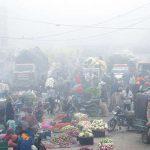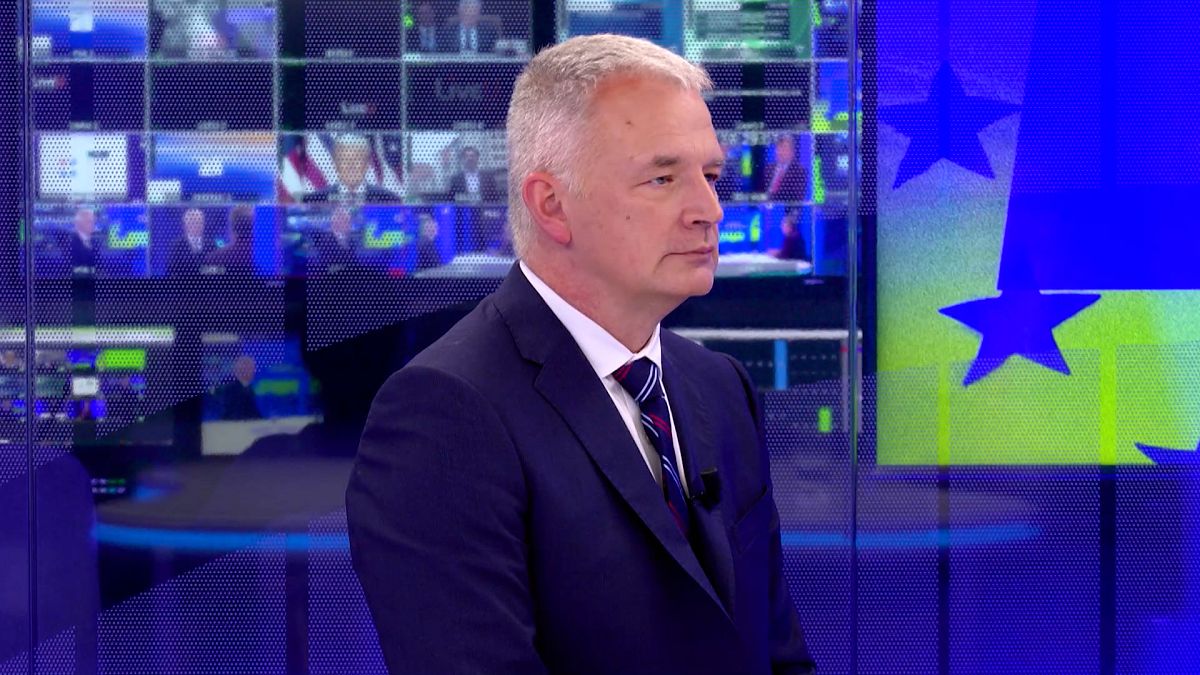The interview with Scott Anderson, the Director of UNRWA in Gaza, conducted by Euronews in Brussels, showcased a bleak picture of the situation in the Palestinian territory. Anderson highlighted the severe food shortages and the looming threat of a man-made famine in Gaza. This humanitarian disaster, exacerbated by the ongoing conflict between Israel and Hamas, has left the people of Gaza in a precarious situation, with no safe zones in sight. The dire need for aid and intervention to prevent a full-blown famine was emphasized by Anderson, who stressed the urgency of the situation.
Despite efforts by UNRWA to maintain neutrality and address Israeli concerns regarding the use of its facilities by Hamas terrorists, Anderson acknowledged that challenges remain. While steps have been taken to weed out terrorists among UNRWA employees, he could not guarantee the completion of this task. The potential implications of Israeli attempts to ban UNRWA from the area were also discussed, with Anderson warning of catastrophic consequences if aid operations are disrupted. The complex political dynamics in Gaza, compounded by the ongoing conflict and humanitarian crisis, present significant challenges for providing essential aid and support to the vulnerable population.
The interview shed light on the ongoing struggles faced by UNRWA in Gaza, where efforts to address food shortages and prevent a man-made famine are hampered by various obstacles. The need for swift action and increased aid to alleviate the suffering of the people in Gaza was underscored by Anderson, who emphasized the urgency of the situation. The challenges of maintaining neutrality and addressing security concerns, while ensuring the delivery of essential services to those in need, have underscored the importance of UNRWA’s work in Gaza, despite the complexities and risks involved.
As the conflict between Israel and Hamas continues to escalate, the situation in Gaza remains dire, with the threat of a man-made famine looming large. Anderson’s comments on the challenges faced by UNRWA in providing aid and addressing security concerns underscore the complexities of the situation. Despite efforts to maintain neutrality and address Israeli concerns, the ongoing conflict and humanitarian crisis have created significant obstacles to delivering essential services to the people of Gaza. The urgent need for increased aid and intervention to prevent a full-blown famine underscores the critical nature of the situation in Gaza and the importance of continued support from the international community.
In conclusion, the interview with Scott Anderson provided a sobering assessment of the situation in Gaza, where food shortages and the threat of a man-made famine loom large. The challenges faced by UNRWA in providing aid, maintaining neutrality, and addressing security concerns underscore the complexities of the situation in Gaza. Despite these obstacles, the urgent need for increased aid and intervention to prevent a humanitarian disaster was emphasized by Anderson, highlighting the critical importance of ongoing support from the international community. As the conflict between Israel and Hamas continues to escalate, the situation in Gaza remains precarious, with the lives and well-being of the people hanging in the balance. Swift action and increased aid are essential to prevent a full-blown famine and alleviate the suffering of the vulnerable population in Gaza.










